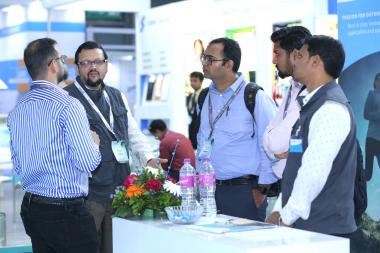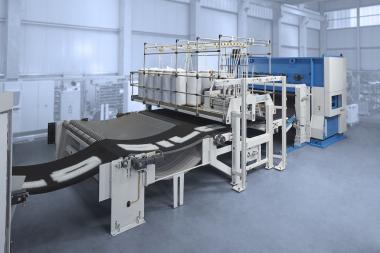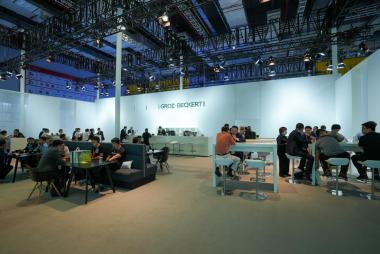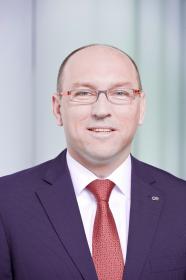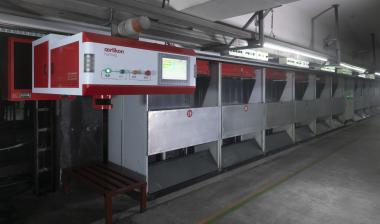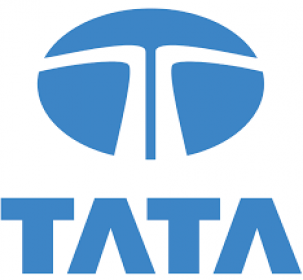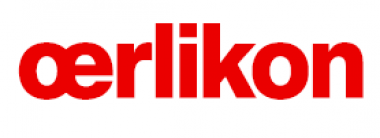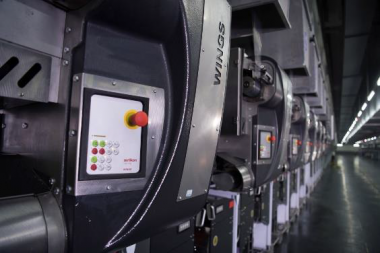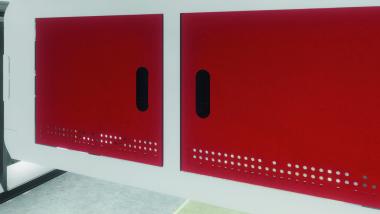Rieter: First information on the financial year 2021
- Order Intake of CHF 2 225.7 Million in Financial Year 2021
- Sales of CHF 969.2 million in financial year 2021
- Implementation of the acquisition of the three Saurer businesses on schedule
- EBIT margin of 4.5% to 5% of sales expected in financial year 2021
Due to the continuing high demand for new installations, components and services, Rieter posted an order intake of CHF 551.8 million in the fourth quarter of 2021. As a result, Rieter achieved a total order intake of CHF 2 225.7 million in the 2021 financial year (2020: CHF 640.2 million).
The exceptionally high order intake is broadly supported at the global level. As reported previously, this is based on a catch-up effect from the two prior years and a regional shift in demand. Rieter believes that a major reason for this shift in demand is the development of costs in China. The orders came primarily from Turkey, India, Latin America, Uzbekistan, China and Pakistan. At the end of 2021, the company had an order backlog of around CHF 1 840 million (December 31, 2020: around CHF 560 million). Despite bottlenecks in material supplies and freight capacities, sales performance up to the end of the year was better than expected. The Rieter Group closed the 2021 financial year with sales of CHF 969.2 million (2020: CHF 573.0 million).
Implementation of the Acquisition of the Three Saurer Businesses
Effective from December 1, 2021, Rieter is consolidating the components businesses Accotex and Temco acquired from Saurer. With the acquisition of Accotex (elastomer components for spinning machines) and Temco (bearing solutions for filament machines), Rieter is strengthening the market position in the components business. The figures from the two businesses have been incorporated into the results for the 2021 financial year as follows: the 2021 order intake includes CHF 2.1 million and the 2021 sales includes CHF 3.3 million. The two businesses contributed a total of around CHF 27 million to the order backlog at the end of 2021. The acquisition of Saurer’s third business (automatic winder) leads to a significant increase in the attractiveness of Rieter’s ring and compact-spinning systems and is expected to be completed in the first half of 2022. Accordingly, order intake and sales are not included in the figures for the 2021 financial year.
EBIT Margin
Rieter anticipates an EBIT margin of 4.5% to 5% of sales in the 2021 financial year (2020: -14.7%).
Rieter will publish the full annual financial statements and the 2021 Annual Report on March 9, 2022.
Order Intake by Business Group
Thanks to the company’s innovative product portfolio and global positioning, all three Business Groups benefited from the high level of demand.
The Business Group Machines & Systems posted an order intake of CHF 1 708.6 million (2020: CHF 363.9 million). The main focus of demand was on ring and compact-spinning systems.
The order intake of the Business Group Components was CHF 296.0 million, an increase of 75% compared to the previous year (2020: CHF 169.1 million). The Business Group After Sales recorded an order intake of CHF 221.1 million, 106% higher than the previous year (2020: CHF 107.2 million). The main reason for the positive order intake in both Business Groups is the continuing increased demand for spare and wear parts in spinning mills, which are operating at high capacity.
Sales by Business Group
Despite the challenges in the supply chain announced earlier, the Business Group Machines & Systems achieved sales of CHF 590.3 million, double the previous year’s figure (2020: CHF 295.8 million). Sales of the Business Group Components increased to CHF 231.5 million (2020: CHF 174.3 million). The Business Group After Sales achieved sales of CHF 147.4 million (2020: CHF 102.9 million).
Sales by Region
Sales increased in all regions, with the exception of the region Africa. The highest year-on-year growth of 148% was achieved in India, followed by North and South America (+126%) and the Asian countries (+72%), excluding China, India and Turkey.
Rieter will issue an outlook for the 2022 financial year at the Results Press Conference on March 9, 2022.
Rieter Holding AG
















